
Maximal Extractable Value (MEV) has evolved from a niche concern to a central element in DeFi and blockchain economics. Once the exclusive domain of sophisticated searchers and validators, MEV is now being reimagined through SDKs that empower developers to embed user-centric MEV flows directly into wallets, dApps, and trading platforms. The result? End-users can now reclaim a portion of the value their activity generates, transforming MEV from an invisible tax to a tangible reward.

The Rise of MEV Cashback SDKs: Why Now?
The surge in MEV cashback SDK solutions is not accidental. As DeFi matures, users demand greater transparency and fairness in transaction ordering, fee structures, and value extraction. Platforms like Merkle, Wallchain, and Skip are leading this charge, offering toolkits that make it trivial for developers to integrate cashback mechanisms without reinventing the wheel.
This shift is being propelled by two converging trends:
- User empowerment: End-users want to see direct benefits from their participation in DeFi markets, not just pay hidden costs.
- Protocol competition: Wallets and dApps are seeking new ways to differentiate themselves by offering real economic incentives tied to MEV redistribution.
Key Players: Comparing Today’s Leading MEV Cashback SDKs
Comparing Leading MEV Cashback SDKs & APIs
-
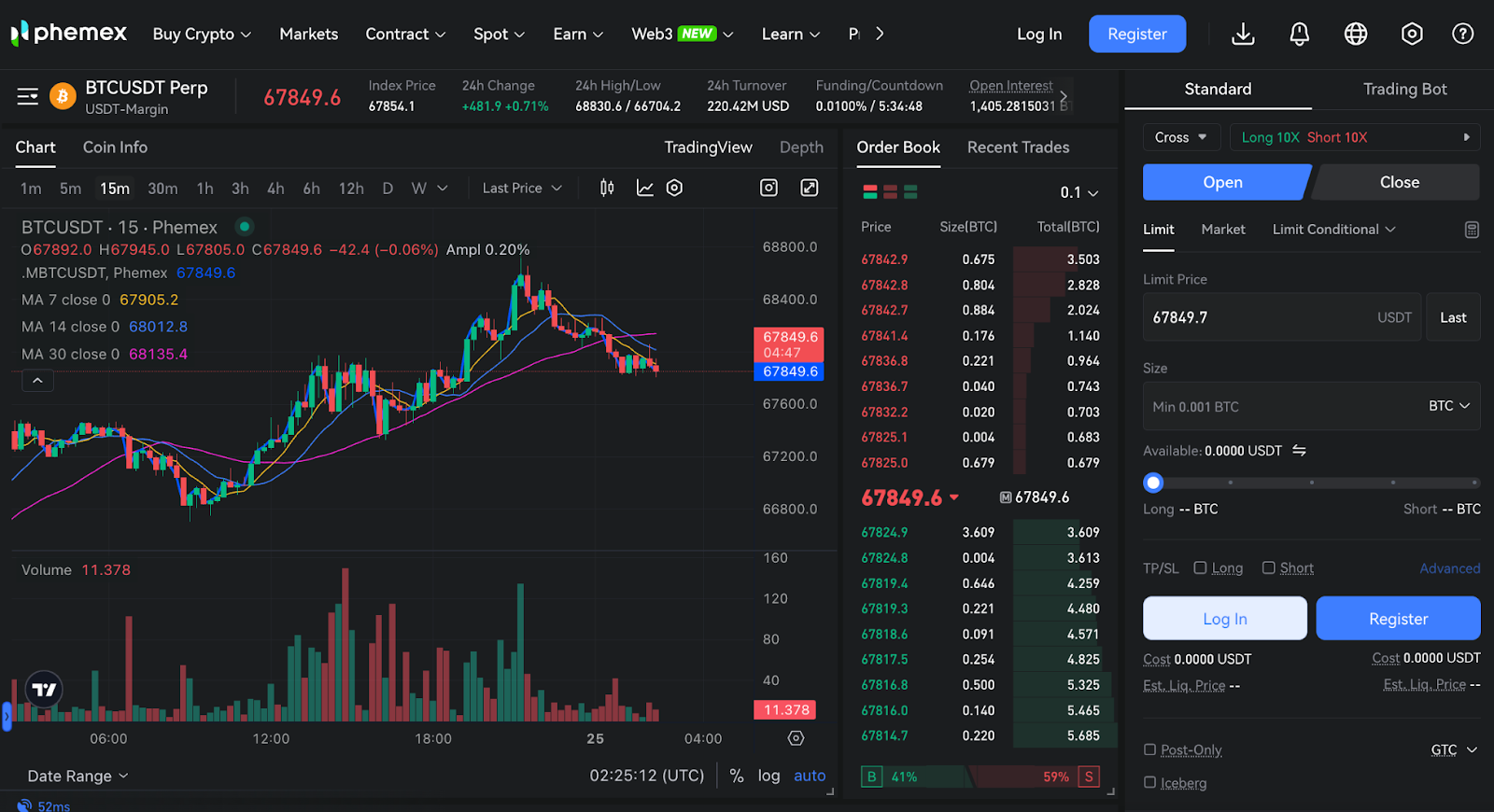
Merkle Cashback API: Enables wallets and RPC providers to integrate MEV cashback by tagging user transactions, tracking MEV generation, and issuing payouts. Offers granular user attribution and supports multiple blockchains.
-
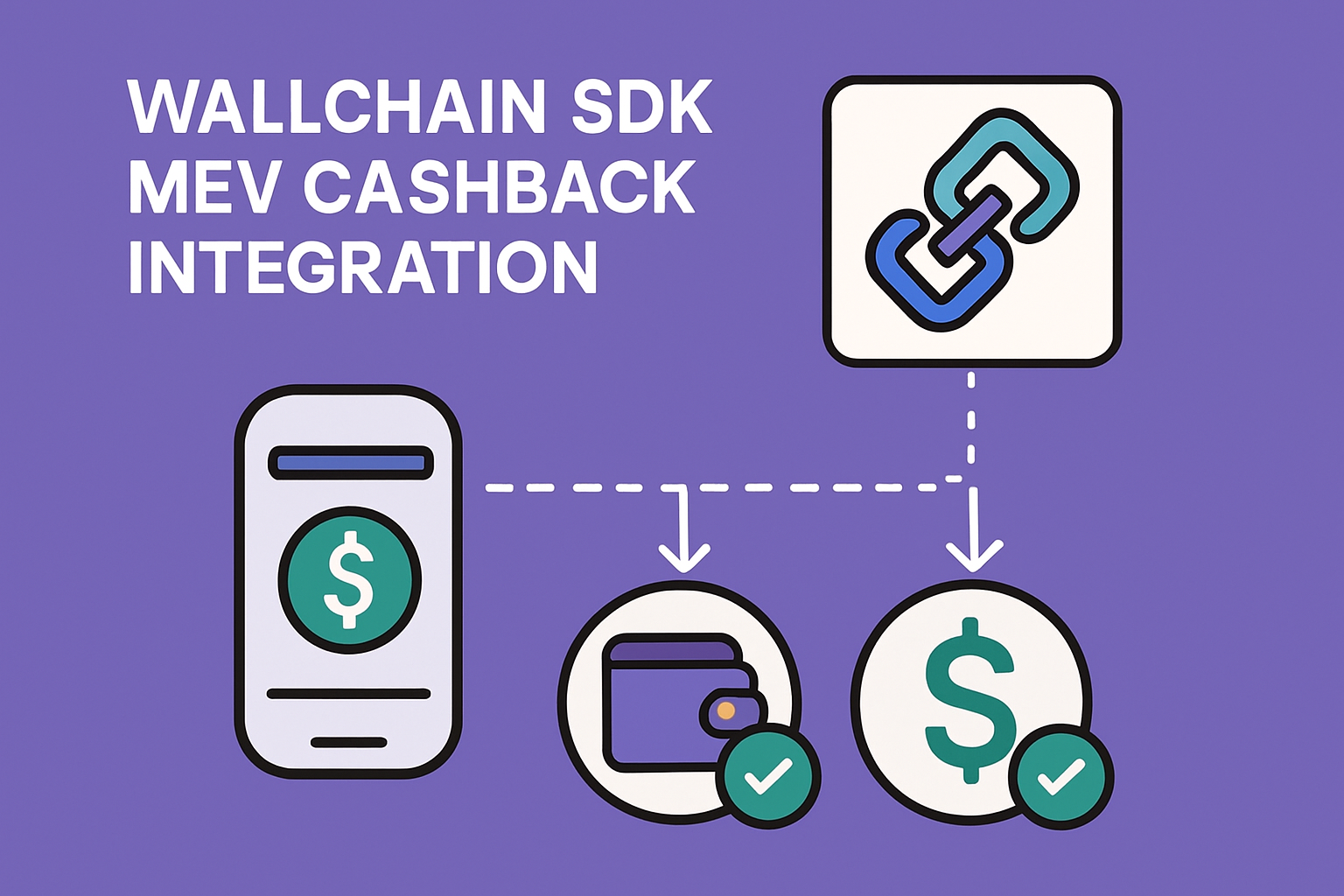
Wallchain SDK: Simplifies MEV cashback integration for apps. Features include MEV opportunity detection, token allowance management, and transaction updates for MEV data. Designed for easy developer onboarding.
-
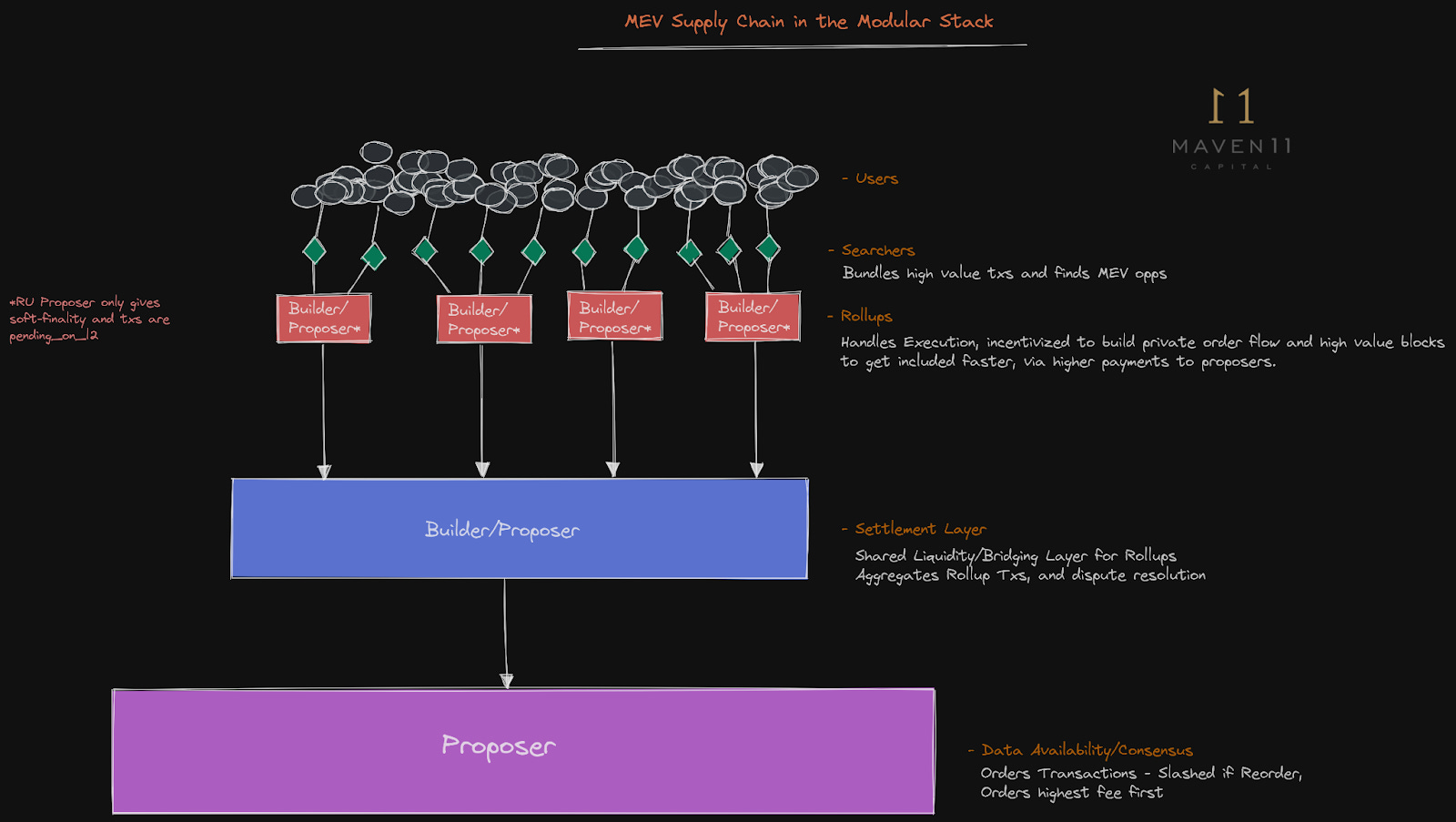
Skip Block SDK: A toolkit for customizing blocks on Cosmos chains, supporting in-protocol MEV recapture. Provides modular components for developers to build MEV-aware blockchains tailored to their needs.
-
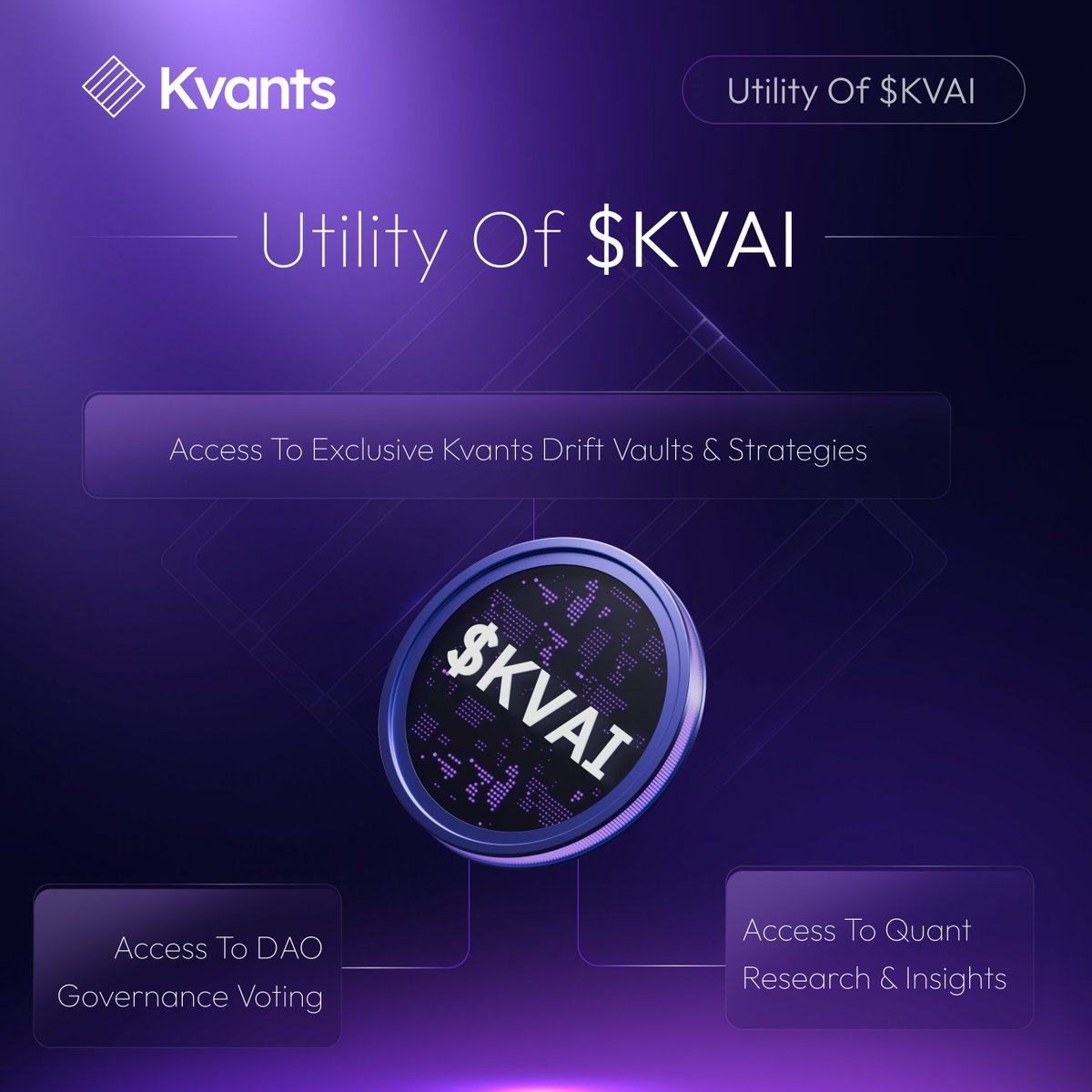
Vanguard MEV Protection API: Delivers real-time, AI-powered protection against sandwich, frontrunning, and other MEV attacks. Offers SDKs for JavaScript, Rust, and Python for seamless integration into DeFi apps.
-
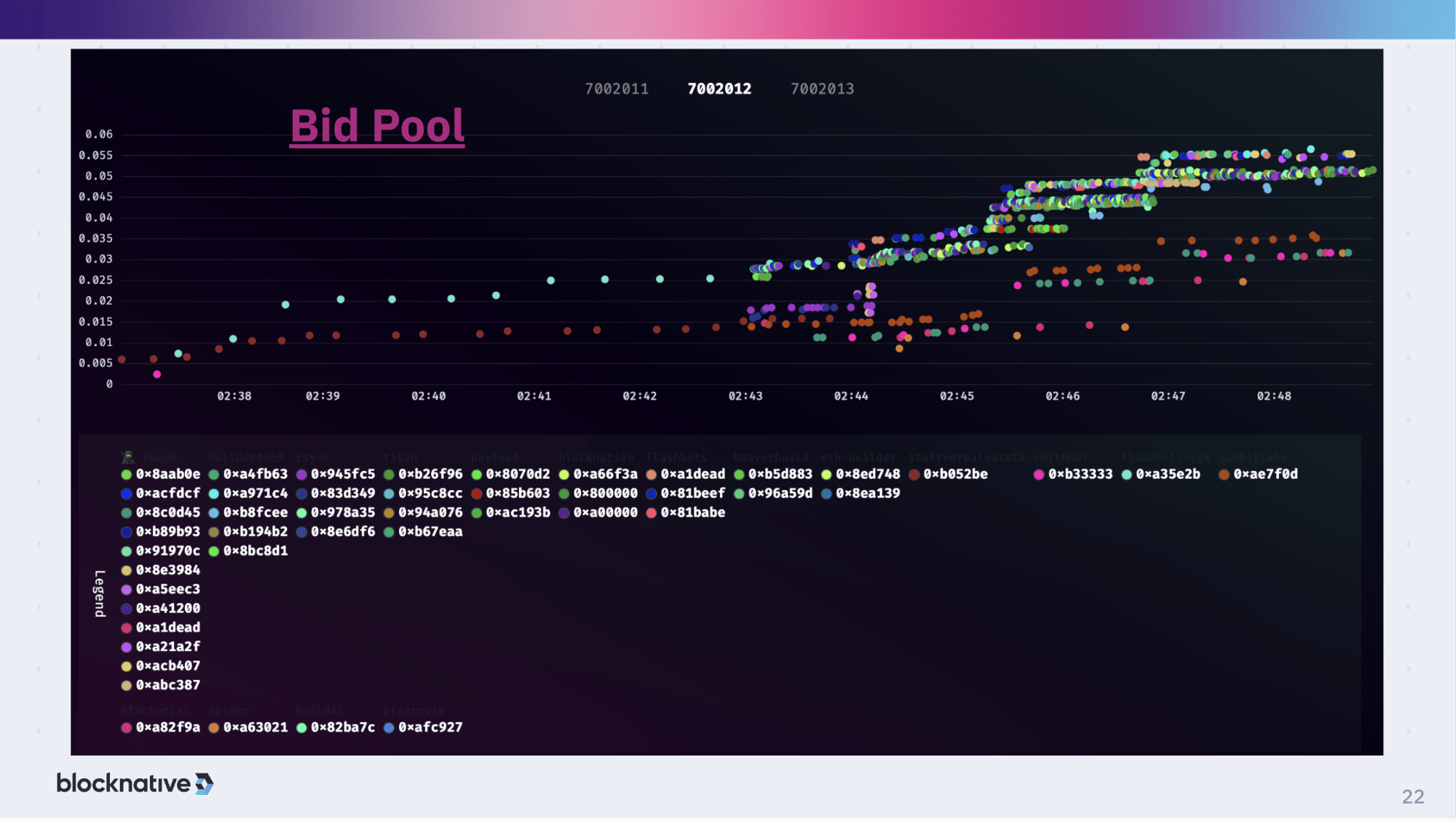
Blocknative Transaction Boost: Combines MEV protection with mempool observability, allowing private transaction submission to top builders and order flow auctions. Provides real-time transaction status updates for users.
-

Blink Labs MEV Protection & Gas Recovery: Protects transactions from malicious MEV tactics and enables users to recover transaction fees. Integration is straightforward, with a focus on resilience and value recovery.
-
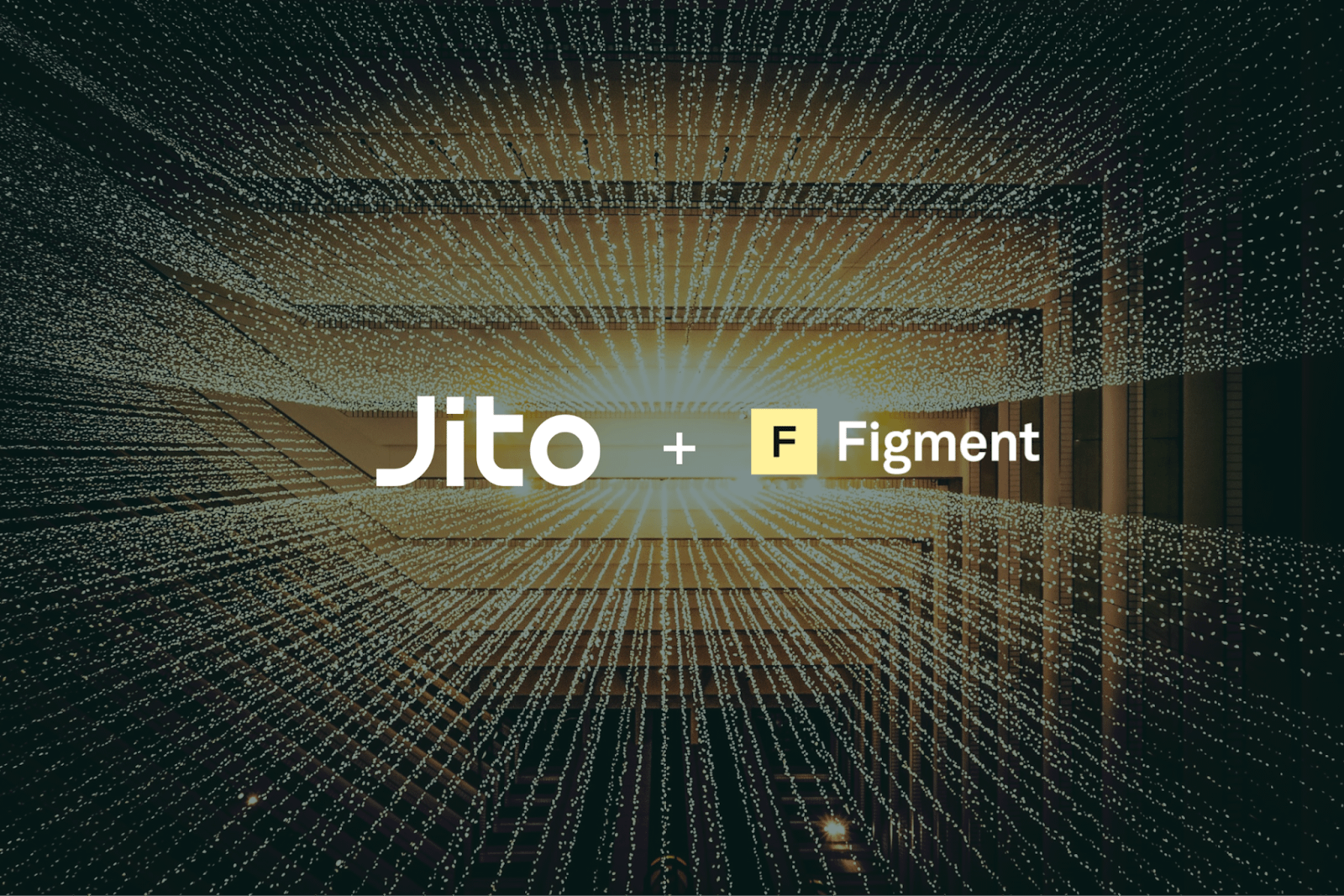
Jito Claims API: Grants access to MEV and priority fee rewards within the Jito network on Solana. Developers can query rewards data for ecosystem participants and integrate MEV rewards into their applications.
The current ecosystem offers a diverse set of tools tailored for different blockchains and user needs. Here’s what stands out among the most prominent solutions:
- Merkle’s Cashback API: Enables wallets and RPC providers to tag transactions with user IDs for precise MEV tracking and automated payouts. Its transparent accumulation model lets users see their rewards grow over time.
- Wallchain SDK: Focuses on seamless integration for dApps, detecting MEV opportunities in real time and updating transactions with relevant data. Token allowance management is built-in for frictionless deployment.
- Skip Block SDK: Empowers Cosmos chain developers with plug-and-play modules for block-level MEV recapture, making it possible to customize blocks around use-case specific flows.
- Blink Labs and Blocknative: Both offer resilience against sandwiching and frontrunning attacks while providing transaction fee recovery or private orderflow options, further aligning user incentives with protocol security.
- Jito’s Claims API: On Solana, Jito distributes priority fees back to stakers and participants through straightforward API endpoints.
This diversity means that whether you’re building on Ethereum, Solana, Cosmos or beyond, there’s likely an SDK or API designed for your stack, and your users’ benefit expectations.
User-Centric Integration: What Developers Need To Know
The core promise of these SDKs is simple: make it easy for developers to integrate fairer value flows without deep protocol engineering expertise. Here’s what sets them apart from legacy approaches:
- Simplicity of integration: Most modern MEV cashback SDKs offer RESTful APIs or npm/Rust/Python packages that can be dropped into existing codebases within hours, not weeks.
- User attribution models: By tagging transactions at the source (e. g. , wallet address or customer ID), platforms like Merkle ensure granular tracking so every user gets credit for their contribution.
- Cohesive protection layers: Solutions such as Vanguard or Blink Labs combine cashback features with robust anti-MEV-attack defenses, protecting users while maximizing their upside.
This new paradigm doesn’t just protect users; it actively rewards them for participating in DeFi markets intelligently. Developers who embrace these tools can unlock new growth levers by aligning app incentives with user outcomes, and may well set the standard for the next phase of decentralized finance innovation.
However, real-world integration is not without its nuances. Developers must think beyond the initial SDK drop-in and consider ongoing user education, transparency in reward calculations, and the evolving landscape of MEV strategies. Wallet SDK MEV solutions are only as effective as their visibility to end-users, clear dashboards, real-time notifications, and accessible documentation play critical roles in building trust and engagement.
Building Trust: Transparency and User Experience
As MEV cashback becomes a competitive differentiator, the most successful integrations will be those that provide granular insight into how rewards are earned. For instance, Merkle’s model allows users to track their accumulated MEV rewards over time, while Wallchain and Blink Labs emphasize proactive protection with visible fee recovery. This level of transparency is vital for onboarding new users who may be wary of hidden fees or opaque value flows.
To further bolster confidence, leading SDKs are starting to offer open-source modules or public audits. This not only reassures developers but also gives advanced users the ability to verify reward mechanisms independently, an essential feature in an industry where trust is often hard-won.
Practical Integration Tips: From Codebase to User Wallet
- Start with clear attribution: Always tag transactions with unique user identifiers from the outset for accurate reward tracking.
- Prioritize UX: Implement intuitive dashboards or notification systems so users can see their MEV cashback accrue in real time.
- Layer security: Combine cashback features with anti-frontrunning modules such as those from Vanguard or Blocknative for holistic user protection.
- Stay up-to-date: Monitor SDK updates and protocol changes, MEV strategies evolve rapidly, so timely upgrades are crucial.
Best Practices for Integrating MEV Cashback SDKs
-
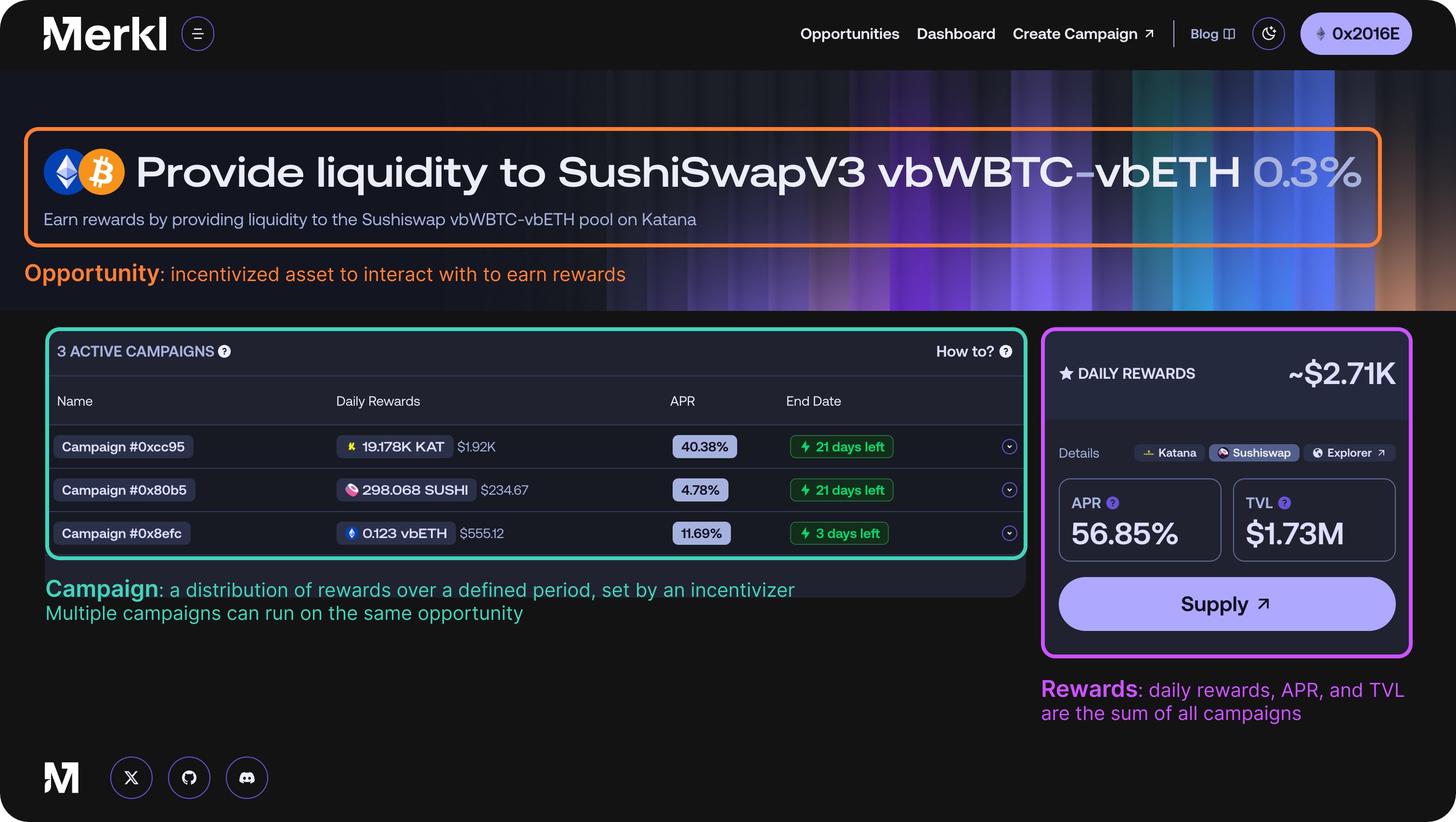
Leverage Merkle’s Cashback API for Seamless TrackingIntegrate Merkle’s Cashback API to accurately track MEV generated by each user. Use transaction tagging with customer IDs to enable precise cashback accumulation and payouts.
-
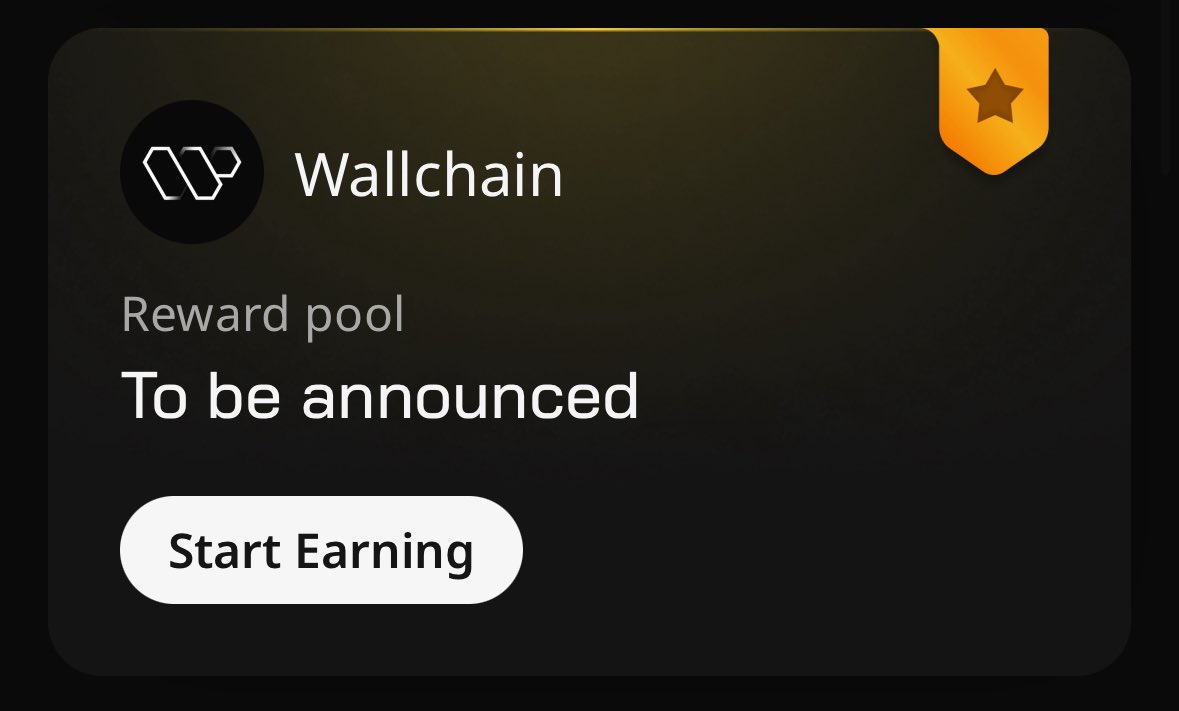
Simplify Integration with Wallchain SDKUtilize the Wallchain SDK to easily check for MEV opportunities, manage token allowances, and update transactions with MEV data. This SDK streamlines the process for adding MEV cashback to your app.
-
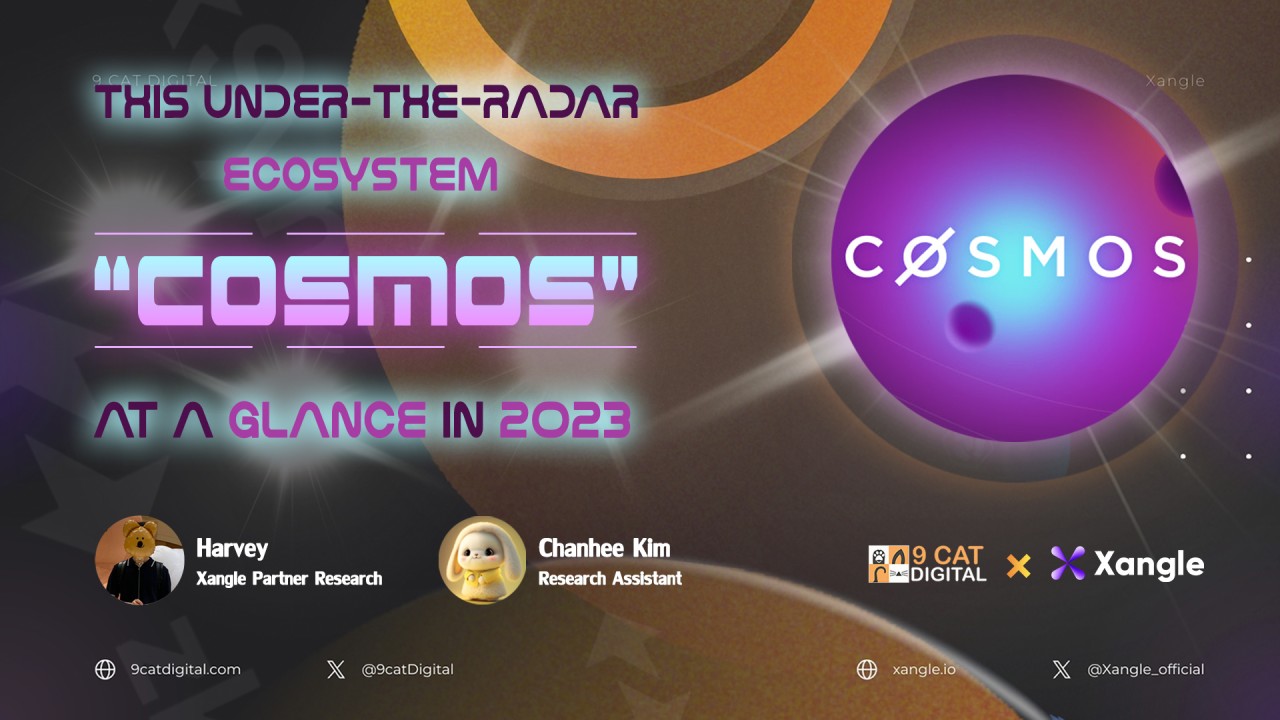
Customize Blocks Using Skip’s Block SDKAdopt Skip’s Block SDK for Cosmos chains to implement in-protocol MEV recapture. Its plug-and-play components allow you to tailor block behavior to your application’s needs.
-

Integrate Vanguard MEV Protection API for User SafetyProtect users from sandwich, frontrunning, and other MEV attacks by integrating Vanguard’s AI-powered API. Available SDKs for JavaScript, Rust, and Python ensure seamless implementation across platforms.
-

Enhance Transaction Reliability with Blocknative’s Transaction BoostUse Blocknative’s Transaction Boost to combine MEV protection with mempool observability. This enables private, real-time transaction status updates and improved execution reliability.
-
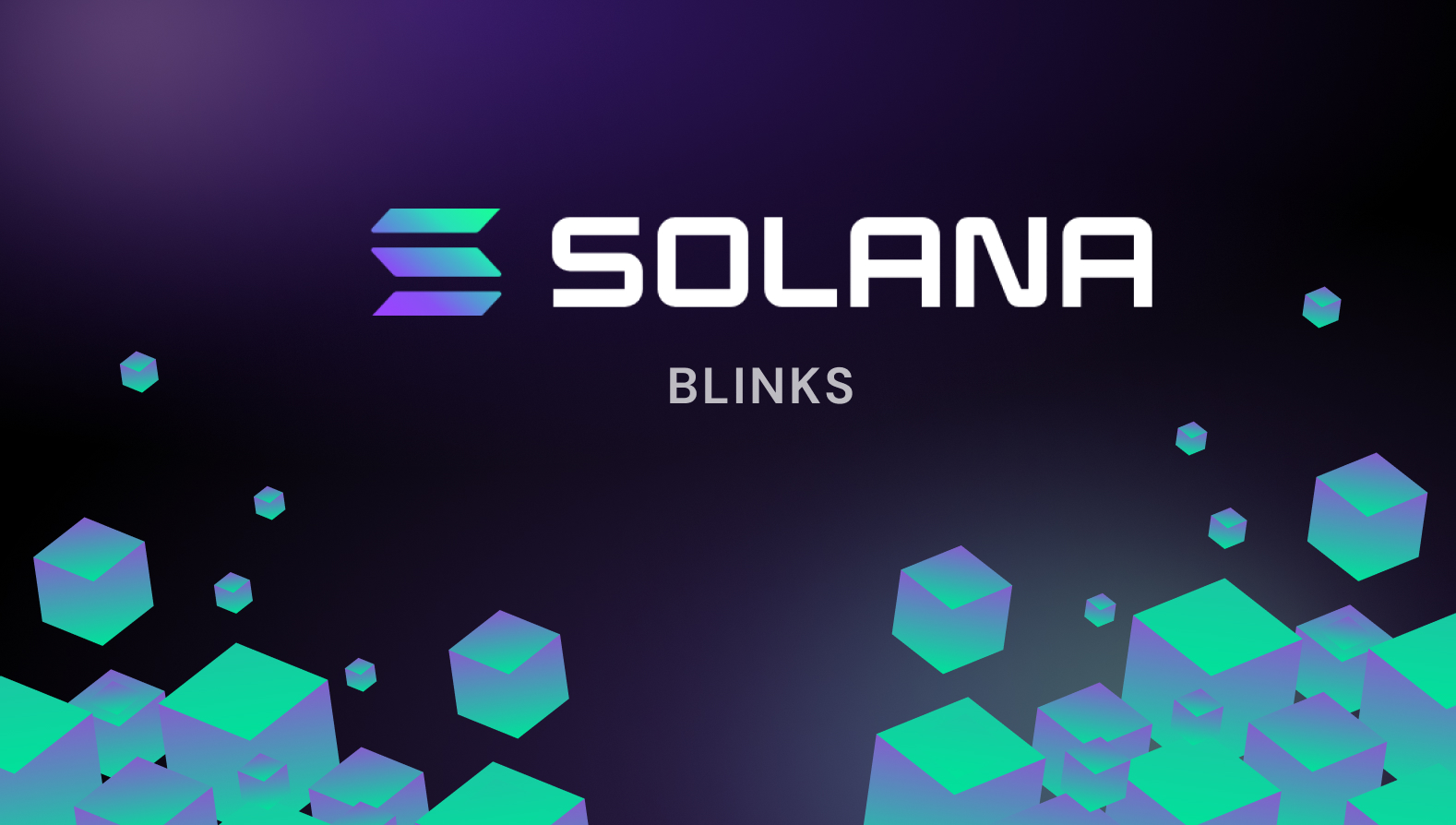
Protect and Recover with Blink Labs MEV Protection & Gas RecoveryIntegrate Blink Labs’ solution to shield transactions from malicious MEV activities and offer users transaction fee recovery, all with minimal setup.
-
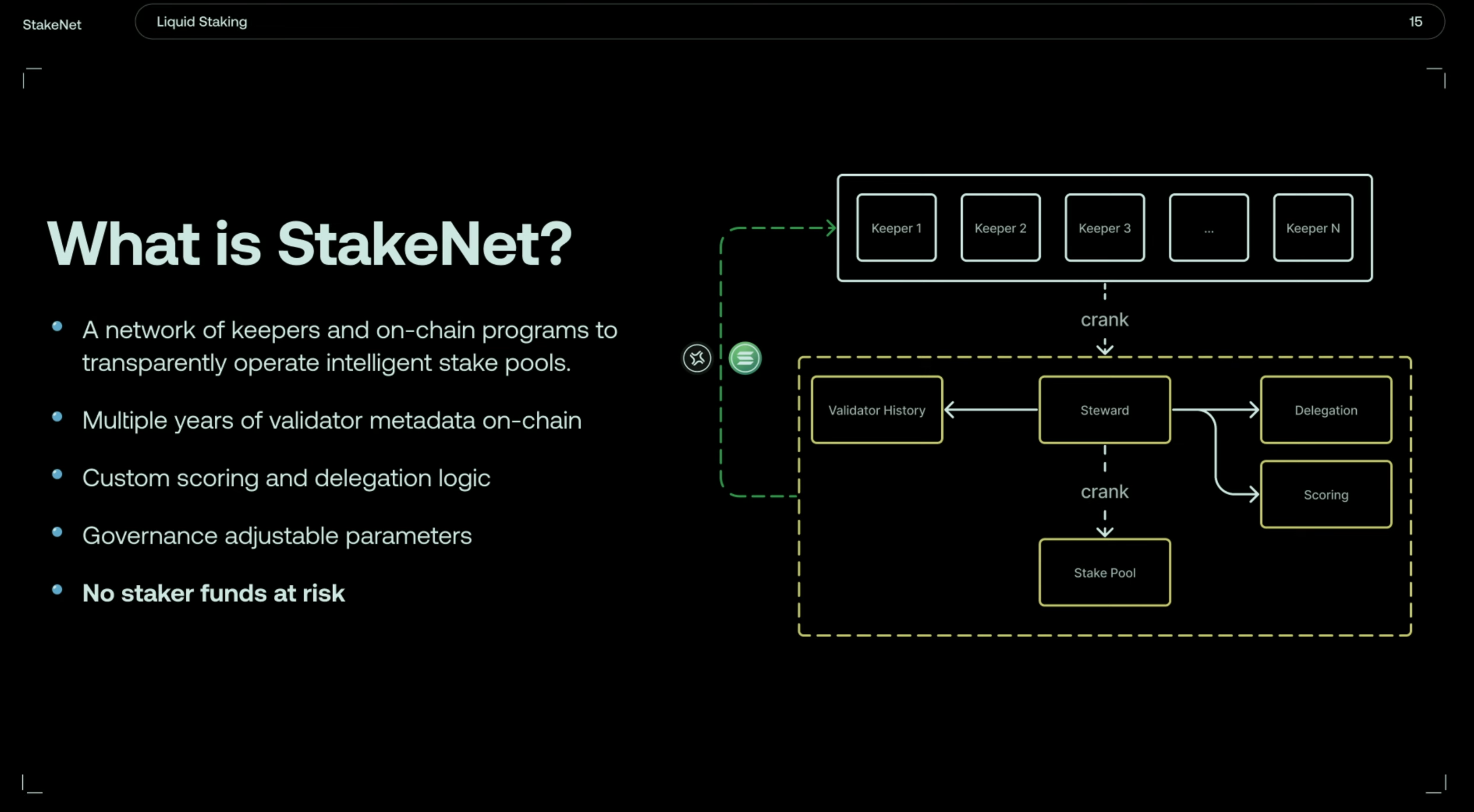
Access MEV Rewards via Jito’s MEV & Claims APIConnect to Jito’s MEV & Claims API to provide users with access to MEV and priority fee rewards on the Jito network, including endpoints for querying rewards data.
The bottom line: User-centric MEV is not just a technical upgrade, it’s a shift in how value is perceived and distributed across DeFi markets. By leveraging today’s robust developer tools, projects can transform what was once a source of friction into a powerful engine for growth and loyalty.
The future promises even greater composability between protocols and wallets, deeper analytics on user-generated value, and more seamless cross-chain support. As these trends accelerate, developers who prioritize transparent, equitable MEV flows will be at the forefront of DeFi’s next evolution, where every participant has both protection from predatory extraction and a stake in the upside they help create.






